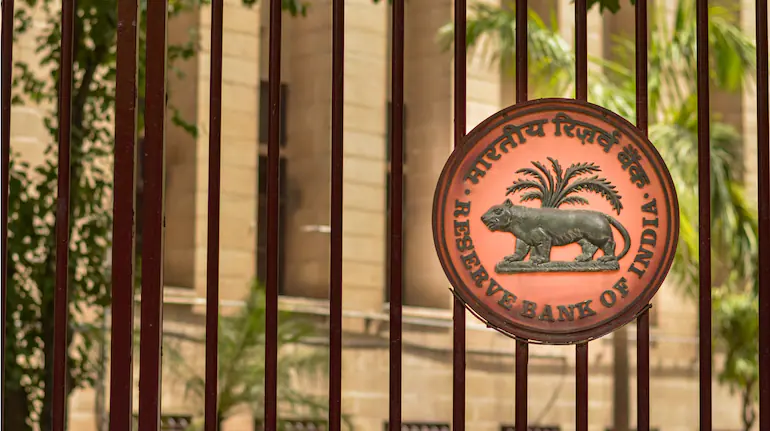Reserve Bank of India on August 10 released norms to regulate digital loans to crack down on more fraud and activities that violate the law. All loan and payment disbursements must be executed only between borrowing bank accounts and regulated entities without a pass-through account or pool from a loan service provider (LSP) or any third party, said the regulator. Any cost or cost paid to the LSP in the credit intermediation process must be paid directly by the entity that is regulated and not by the borrower.
RBI in January 2021 formed a working group to study problems regarding digital loans and suggest regulations. In November, the working group proposed a tighter norms for digital lenders, including subdienting digital loan applications to the verification process by nodal agents to be established in consultations with stakeholders. It also suggested that the organization of self -regulation which includes participants in the digital loan ecosystem.
While RBI has received several regulations, some, in principle, requires further examination, said RBI in a release August 10. Some recommendations require broader involvement with the government and other stakeholders given the technical complexity, establishing institutional mechanisms and legislative intervention, regulators said. Digital lenders are classified into three categories. The first is the entity regulated by RBI and is permitted to run a loan business. Second is an entity authorized to make loans in accordance with legal provisions or other regulations but not regulated by RBI. The third category includes entities that lend outside the scope of any legal provisions or regulations.
RBI has classified a digital lender into three categories. The first is the entity regulated by RBI and is permitted to run a loan business. The second is the entity authorized to make loans in accordance with legal provisions or other regulations but not regulated by the central bank. The third group will include entities that lend outside the scope of any legal provisions or regulations.
The Standard Fact Statement (KFS) must be given to the borrower before carrying out any loan contract, said RBI. The entity must also disclose the cost of all digital loans in the form of the Annual Percentage (APR) level, which will be part of the KFS. Every automatic increase within credit limits without explicit approval from borrowers is prohibited, said the regulator. The period of cooling or searching where the borrower can exit the digital loan by paying the principal and a proportional APR without a penalty must be given as part of the contract. To overcome consumer complaints, the regulated entity must ensure that they and the LSP involved by them have appropriate nodal complaints compensation officers.
This officer must also handle complaints about their digital loan cellular applications. Details of officers must be clearly shown on the regulated entity website, LSP and digital loan applications (DLA), as applies, the regulator said. Other key recommendations received by RBI are as follows: If the complaint submitted by the borrower is not resolved by the entity regulated in the specified 30 days, they can complain to the reserves – the integrated ombudsman scheme.
Data collected by DLAS must be based on needs, have a clear audit path and only carried out with previous explicit approval from the borrower, The option can be given for borrowers to accept or reject approval for certain data use, including options to revoke the approval given previously, in addition to the option to delete data collected from the borrower by DLAS or LSP.All new digital loan products that are expanded by entities that are regulated on traders platforms involving short -term loans or suspended payments must be reported to credit information companies.


